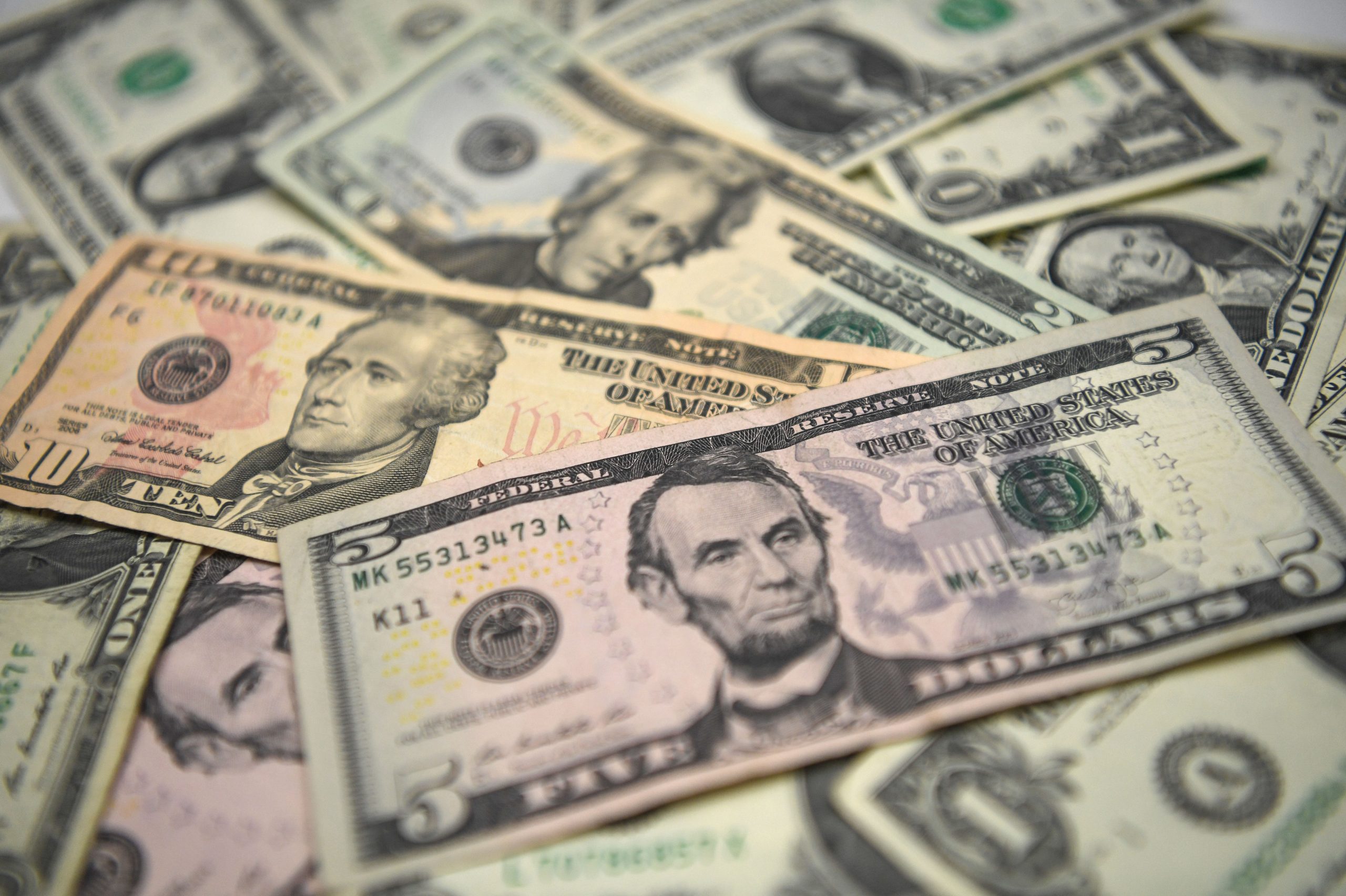The dollar surged on Friday as it was poised to post its third consecutive weekly gain and was trading at its peak in decades against the euro and the yen. This was because investors were anticipating positive U.S. labour data that might bolster interest rate increases.
A strong manufacturing survey in the United States overnight sent the dollar above 140 yen for the first time since 1998, as well as a 2-1/2 year high versus sterling and six-week highs against the Australian and New Zealand dollars.
Also Read| Asian stocks trade mixed ahead of US payroll data
The euro slid back below parity against the strengthening dollar, and at $0.9956, it was not far off last week’s 20-year low of $0.99005. After hitting a low of 140.27 in early Asian trade, the yen held steady at 139.91 per dollar.
The dollar index reached a two-decade high of 109.99 in New York trade and was trading at 109.56. It has risen more than 1% in the week since Federal Reserve Chair Jerome Powell indicated in Jackson Hole, Wyoming, that interest rates would need to stay high “for some time” to manage inflation, which surprised investors.
Also Read| Oil prices rise on prospect of OPEC+ output cut
Sterling is down nearly 1.5% this week after falling 0.7% overnight. It was trading at $1.1552, having touched $1.1499 overnight.
The Australian dollar recently traded at $0.6792, while the New Zealand dollar was trading at $0.6077. These are the currencies’ lowest values since the start of the pandemic in 2020 when the value of the U.S. dollar surged. Both are down around 1% for the week.
Also Read| US Stock Market: DJIA, S&P500, Nasdaq, Russell ended mixed on Thursday
The Indian rupee fell 14 paise to 79.70 against the US dollar in early trade on Friday.
Overnight, the two-year yield reached a 15-year high of 3.551%, while the 10-year yield reached a 2-1/2 month high of 3.297%.
Next week, central banks will meet in Europe and Australia, and markets anticipate rate rises. Traders believe there is a 60% possibility of a 50 basis point rise in Australia and a nearly 80% chance of a 75 basis point hike from the European Central Bank.







